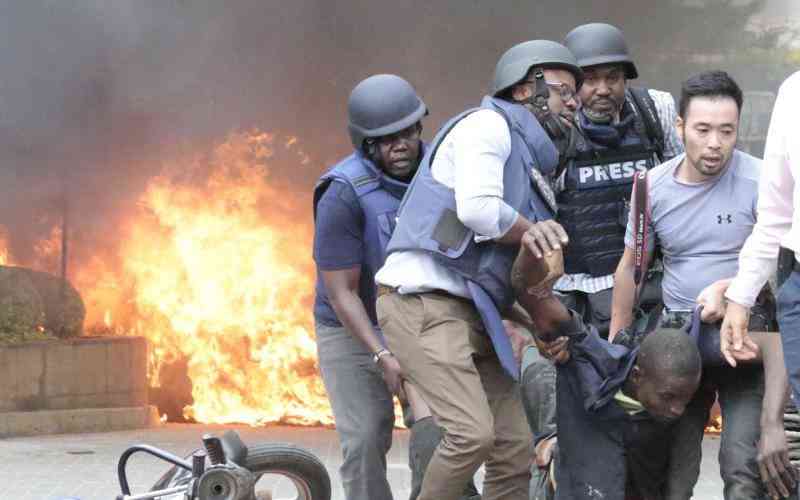×
The Standard e-Paper
Kenya’s Boldest Voice

Dr. Hassan Khannenje, Director of Horn International Institute says money is not the only reason behind radicalisation and terrorist recruitment among Kenya's youth.
In an interview with Spice FM's situation room, Dr. Khannenje emphasized that the yearning for belonging and significance plays a crucial role in this issue.